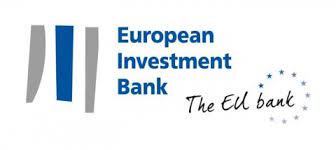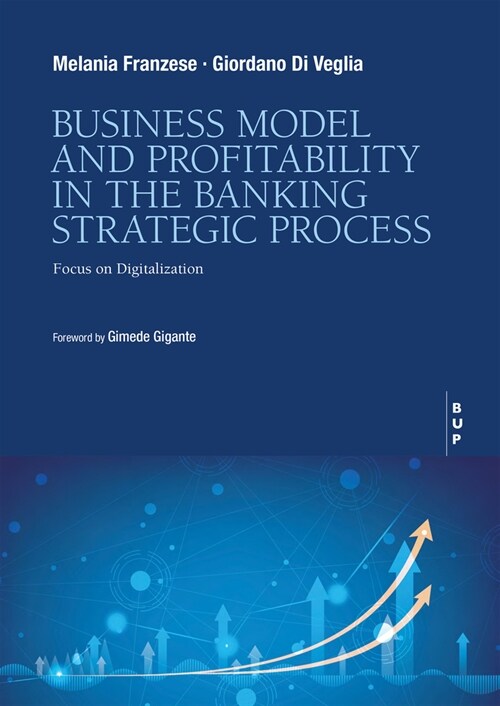by Vincent Wellens
Since the UK Parliament has rejected the Withdrawal Agreement between the EU and the UK on 15 January 2019, a so-called “no deal” scenario becomes a bit more likely. It goes without saying that this has a tremendous impact on the broadcasting sector as it is one of the sectors to typically benefit from the “country of origin”-principle under EU law. A broadcasting company having an establishment in one EU/EEA Member State can, by virtue of Article 3 of the 2010 EU Audiovisual Media Services Directive (“AVMSD”), freely broadcast into all other EU/EEA Member States. The latter can only intervene in very exceptional circumstances (in case of a serious risk for public health and public security).
Continue reading…
Gone are the days when organisations could simply promise a speak up culture. Today, fostering a culture of trust, integrity, and a positive work environment…
Download whitepaper













